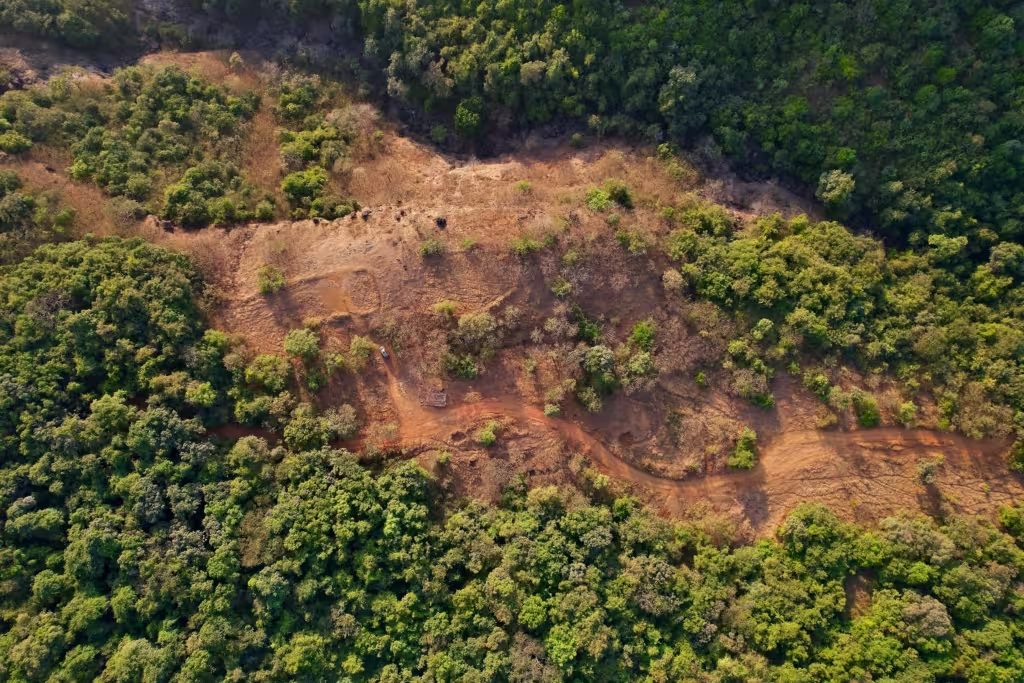Periodically some “denier” will complain about the supposedly solid science behind global warming alarmism, to a chorus of well-bred boos. But oddly the alarmists are forever doing the same, telling us all the scientists’ conclusions were wrong… but right. Thus a shrill release from the University of Exeter threatens us with “the loss of the Amazon rainforest and the great ice sheets of Antarctica and Greenland, which are currently undergoing measurable and unprecedented changes much earlier than expected…. global warming could threaten the existence of human civilisations. Evidence is mounting that these events are more likely and more interconnected than was previously thought, leading to a possible domino effect.” But if everything they thought before was wrong, why are they right now?
Alarmist complacency about the science is reflected in statements like “There is a scientific consensus that greenhouse gas (GHG) emissions must be reduced to stabilize global temperatures.” Which is wrong in every important respect including that to hear the alarmists tell it, emissions must not only be reduced but stopped and even then global temperatures (how many are there?) won’t stabilize. (The Guardian, for instance, just warned that even if we act boldly “the temperature is certain to rise further, due to past emissions and because greenhouse gas levels are still rising”.) But leaving such quibbles about mere accuracy or coherence aside, the passage breathes serene assurance that all real scientists agree and what they say is true.
On the other hand, the University of Exeter with its claims that “More than half of the climate tipping points identified a decade ago are now ‘active’, a group of leading scientists have warned” would have us believe that everything scientists told us before, however scary, has lately been refuted by new research.
There are those who would ask how a tipping point can become “active”. Normally it sits there and you hit it and tip. And how many can there be?
There’s a kind of grotesque torqueing of the rhetoric in ever less plausible directions that seem immune to scrutiny. But they get away with it because the new this-time-for-sure research is always even scarier. Try telling us one single thing we were warned about isn’t happening as fast, isn’t as interconnected, isn’t as downright terrifying or some such and see how fast they all move away from you there on the bench. But you can be sure of a sympathetic hearing provided you deliver the usual punchline that the evidence is so strong we can no longer wait for evidence, we must simply trust them and leap blindly: “The growing threat of rapid, irreversible changes means it is no longer responsible to wait and see. The situation is urgent and we need an emergency response.”
Since when did science tell us not to bother with all that silly confirmation of theories that have just been proven wrong again and must therefore be believed without question?


